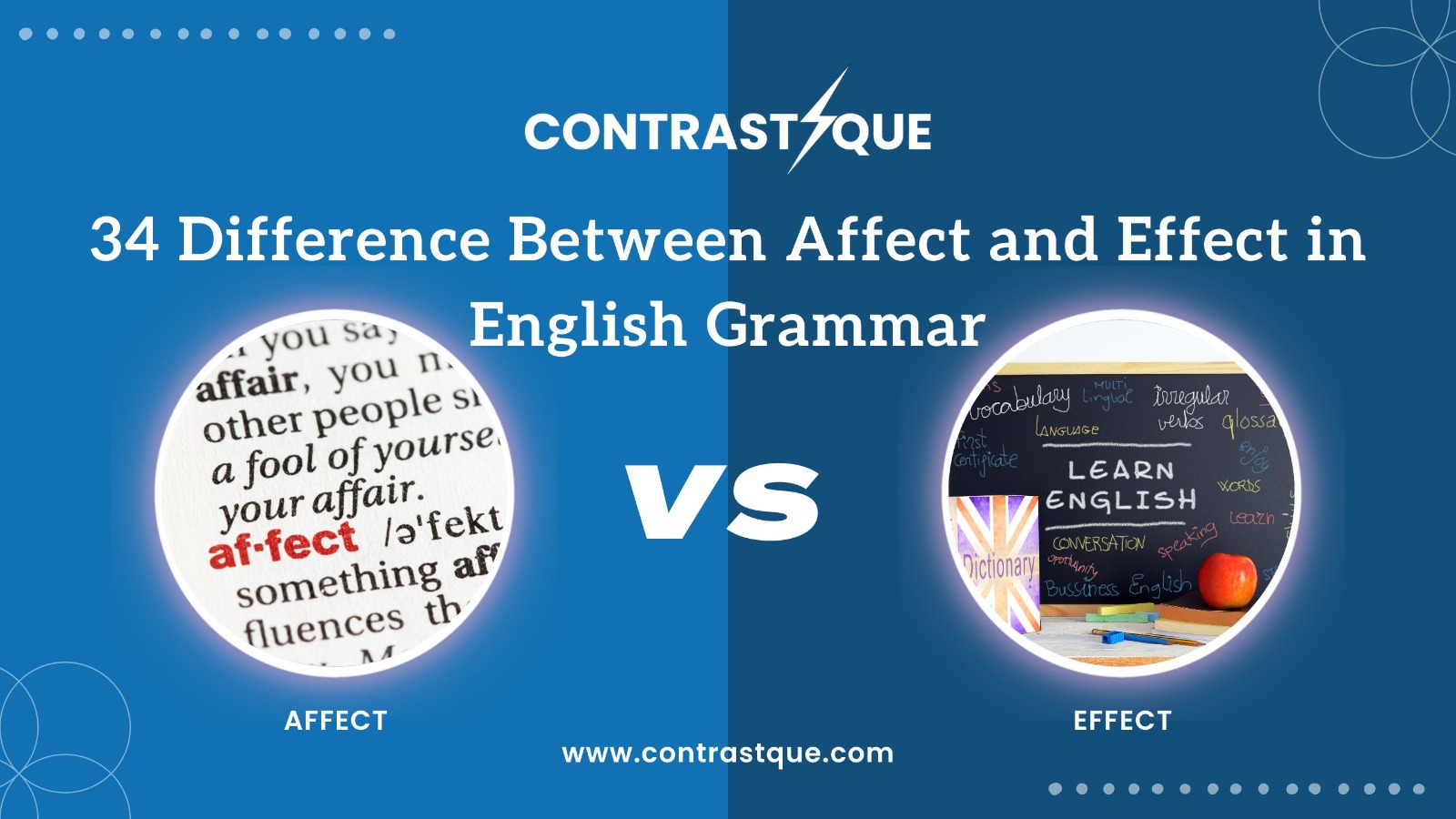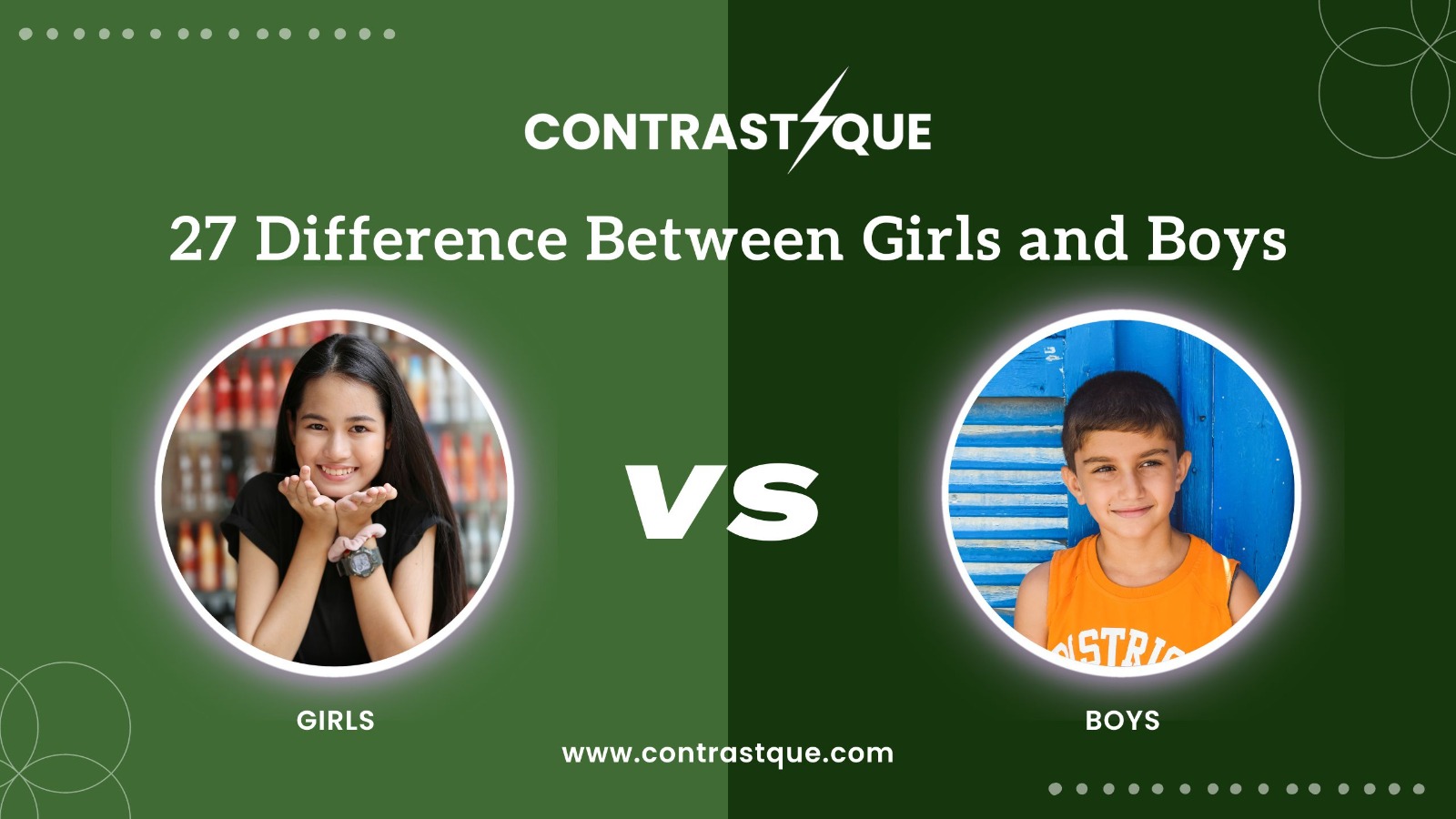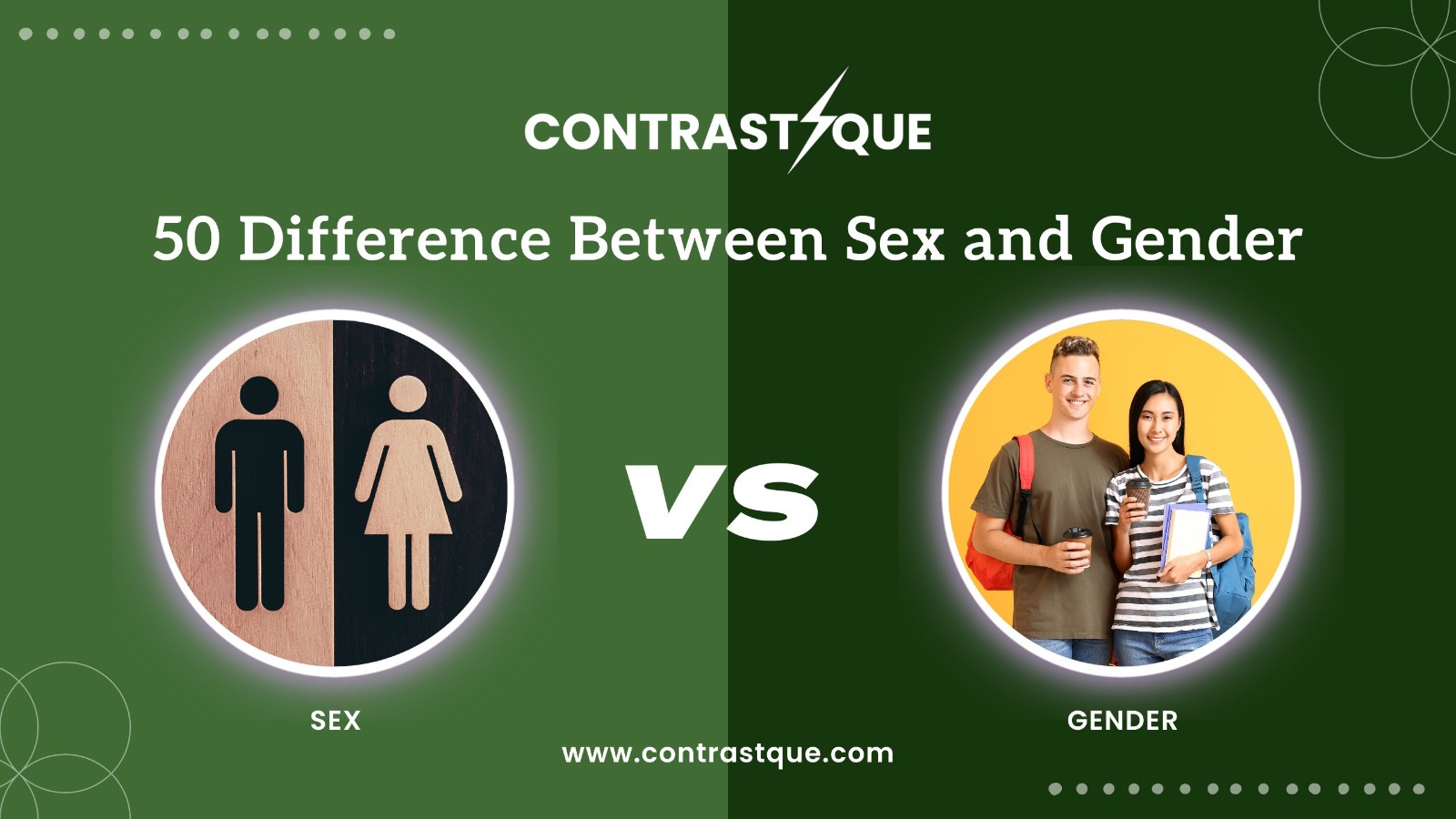Have you ever been confused about when to use “affect” and when to use “effect”? You’re not alone! Many people struggle with understanding the difference between these two words in English grammar. But fear not, because in this blog post, we will unravel the mystery behind affect and effect once and for all. Whether you’re a native English speaker or learning the language as a second language, by the end of this article, you’ll have a clear understanding of how to use these words correctly. So let’s dive right in and explore the fascinating world of affect and effect!
What is the difference between affect and effect?
The difference between affect and effect lies in their roles as verbs or nouns. Affect is typically used as a verb, while effect can be used as both a noun and a verb.
As a verb, affect means to influence or have an impact on something. For example, “The rainy weather affected my mood.” Here, the rain influenced how I felt.
On the other hand, effect is often used as a noun to indicate the result or consequence of something. For instance, “The new policy had a positive effect on employee morale.” In this case, the policy produced a favorable outcome.
When effect is used as a verb, it means to bring about or accomplish something. An example would be: “She hoped her speech would effectively convey her message.”
It’s important to note that affect usually refers to actions that produce change or influence others’ emotions. Effect focuses more on outcomes and results.
Understanding these distinctions will help you use affect and effect correctly in your writing and speaking. Remembering that affect is commonly used as a verb and effect can function both as noun and verb will make it easier for you to navigate through these similar-sounding words with confidence! So go ahead and start incorporating them into your vocabulary correctly today!
|
S. No. |
Aspect |
Affect |
Effect |
|
1 |
Part of Speech |
Verb |
Noun |
|
2 |
Meaning |
To influence or produce a change |
The result or outcome of an action or event |
|
3 |
Action or State |
Describes an action |
Represents a state or result |
|
4 |
Example (Verb) |
The weather can affect your mood |
The rain had a flooding effect |
|
5 |
Example (Noun) |
His affect was cheerful (psychological context) |
The effect was surprising |
|
6 |
Psychology Usage (Verb) |
Rarely used |
Less common |
|
7 |
Psychology Usage (Noun) |
Describes emotional expression or mood |
Describes observable changes in behavior |
|
8 |
Synonyms (Verb) |
Influence, impact, change |
Result in, bring about, cause |
|
9 |
Synonyms (Noun) |
Emotion, mood |
Outcome, result, consequence |
|
10 |
Grammatical Role in a Sentence |
Subject or object of an action |
Typically the object of a verb or the subject of a sentence |
|
11 |
Placement in a Sentence (Verb) |
Usually before the object |
Typically follows the subject |
|
12 |
Placement in a Sentence (Noun) |
Used after “the” or as part of a phrase |
Often starts a sentence or follows “in” or “to” |
|
13 |
Usage in Scientific Writing (Verb) |
Often used to describe experimental manipulation |
Describes observed outcomes |
|
14 |
Usage in Scientific Writing (Noun) |
Describes the variable being manipulated |
Describes observed results |
|
15 |
Context (Verb) |
Describes doing something |
Describes the consequence of an action |
|
16 |
Context (Noun) |
Describes what is seen or felt |
Describes what has occurred |
|
17 |
Common Idioms (Verb) |
“Affect someone deeply” |
“Take effect,” “have an effect” |
|
18 |
Common Idioms (Noun) |
“In effect,” “side effects” |
“The butterfly effect,” “cause and effect” |
|
19 |
Grammatical Forms (Verb) |
Affect, affecting, affected |
Effect, effecting, effected |
|
20 |
Grammatical Forms (Noun) |
Affect, affects |
Effect, effects |
|
21 |
Pronunciation (Verb) |
Uh-fekt (with emphasis on the first syllable) |
Uh-fekt (with emphasis on the first syllable) |
|
22 |
Pronunciation (Noun) |
Uh-fekt (with emphasis on the first syllable) |
Ih-fekt (with emphasis on the second syllable) |
|
23 |
Usage in Everyday Language (Verb) |
Commonly used |
Less common |
|
24 |
Usage in Everyday Language (Noun) |
Less common |
More common |
|
25 |
Simplicity (Verb) |
Relatively straightforward |
May require more context or clarification |
|
26 |
Simplicity (Noun) |
May require more context or clarification |
Typically easier to understand |
|
27 |
Use in Legal Documents (Verb) |
Rarely used |
Used when describing actions |
|
28 |
Use in Legal Documents (Noun) |
Used when describing emotions or moods |
Used to describe legal consequences |
|
29 |
Abstract vs. Concrete (Verb) |
More concrete, describes actions |
More abstract, describes states or outcomes |
|
30 |
Abstract vs. Concrete (Noun) |
More abstract, describes states or outcomes |
More concrete, describes observable results |
|
31 |
Subject of Academic Study (Verb) |
Studied in psychology and related fields |
Not a primary subject of academic study |
|
32 |
Subject of Academic Study (Noun) |
Studied in psychology and related fields |
Not a primary subject of academic study |
|
33 |
Usage in Poetry (Verb) |
Used for poetic effect |
Used for poetic effect |
|
34 |
Usage in Poetry (Noun) |
Used for poetic effect |
Used for poetic effect |
How to use affect and effect in a sentence?
When it comes to using affect and effect in a sentence, many people get confused. However, once you understand the difference between these two words, it becomes much easier to use them correctly.
Let’s talk about affect. Affect is usually used as a verb and refers to the action of influencing or producing a change in something or someone. For example, “The loud music affected my concentration.”
On the other hand, effect is most commonly used as a noun and denotes the result or outcome of an action. It represents something that has been brought about by a cause. For instance, “The heavy rain had a significant effect on the plants’ growth.”
It’s important to note that there are instances where affect can be used as a noun (e.g., “He showed no visible affect”) and effect can be used as a verb (e.g., “The new policy will effect positive changes”).
To ensure you’re using these words correctly in your sentences, pay attention to their parts of speech and consider their meanings within the given context. Practice using both words appropriately so that you become more comfortable distinguishing between them.
Remember: practice makes perfect! So take some time to familiarize yourself with how these words are used in different contexts before incorporating them into your writing or speaking.
Examples of affect and effect
- Affect: She was deeply affected by the news of her friend’s accident, and couldn’t concentrate on anything else for days.
- Effect: The heavy rain had a profound effect on the crops, causing them to thrive and produce an abundant harvest.
- Affect: His positive attitude always affects those around him, lifting their spirits and inspiring them to do their best.
- Effect: The new government policies had a significant effect on the economy, leading to increased investments and job growth.
- Affect: The sad movie deeply affected me emotionally, leaving me in tears long after it ended.
- Effect: Regular exercise has been shown to have a positive effect on overall health and well-being.
- Affect: The sudden change in weather negatively affected our plans for an outdoor picnic.
- Effect: The introduction of new technology into the workplace had a transformative effect on productivity levels.
In these examples, “affect” refers to influencing or impacting something or someone emotionally or psychologically, while “effect” refers to the result or outcome that occurs as a result of something else happening.
Conclusion
Understanding the difference between affect and effect is crucial for effective communication in English grammar. While both words may sound similar, they have distinct meanings and usage.
Affect is primarily used as a verb to express influence or change. It refers to the action of impacting something or someone. For example, “The rainy weather affected my mood.” In this sentence, the rain had an impact on the speaker’s emotions.
On the other hand, effect is typically used as a noun and generally denotes a result or consequence of an action. It represents what has been brought about by something else. For instance, “The new policy had a positive effect on employee morale.” Here, the policy caused a positive outcome in terms of employee morale.
To properly use affect and effect in your sentences, it’s important to carefully consider their roles within your context. Pay attention to whether you need a verb (affect) or a noun (effect). By using these words correctly, you can convey your message accurately and avoid any confusion.
So remember: affect is usually used as a verb indicating influence or change; whereas effect functions as a noun representing result or consequence. Keep practicing with these two words until you feel confident in differentiating them!
Have any more questions? Check out our FAQs section below!
Frequently Asked Questions (FAQs)
1. Can affect and effect be used interchangeably?
No, affect and effect cannot be used interchangeably. They have distinct meanings and functions in English grammar.
2. How can I remember the difference between affect and effect?
One helpful trick is to remember that “affect” is typically a verb, while “effect” is usually a noun. Additionally, think of the phrase “cause and effect” to associate “effect” with consequences or results.
3. Are there any exceptions to using affect as a verb and effect as a noun?
Yes, there are some instances where their usage can differ from the general rule. For example, “affect” can sometimes be used as a noun when referring to someone’s emotional state (e.g., She displayed an air of unaffectedness). Similarly, “effect” can occasionally function as a verb meaning to bring about or accomplish something (e.g., He hopes to effect change in his community).
4. What are some other common confusing word pairs in English?
English has many commonly confused word pairs like their/there/they’re, your/you’re, its/it’s, etc. It’s important to pay attention not only to spelling but also the context in which these words are being used.
5. Where else can I find resources for improving my English grammar skills?
There are numerous online resources available such as grammar websites, language learning apps like Duolingo or Babbel, English language tutorials on YouTube, and even dedicated courses offered by educational institutions or language centers.




